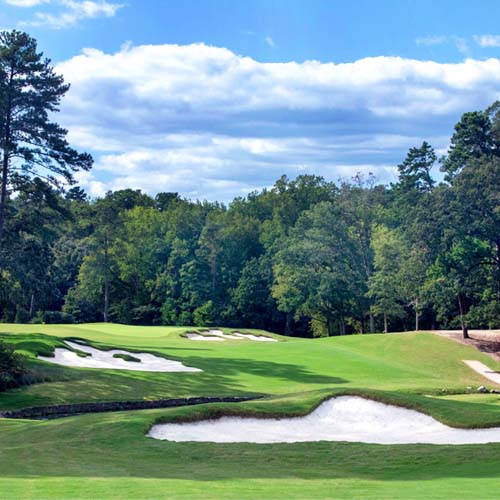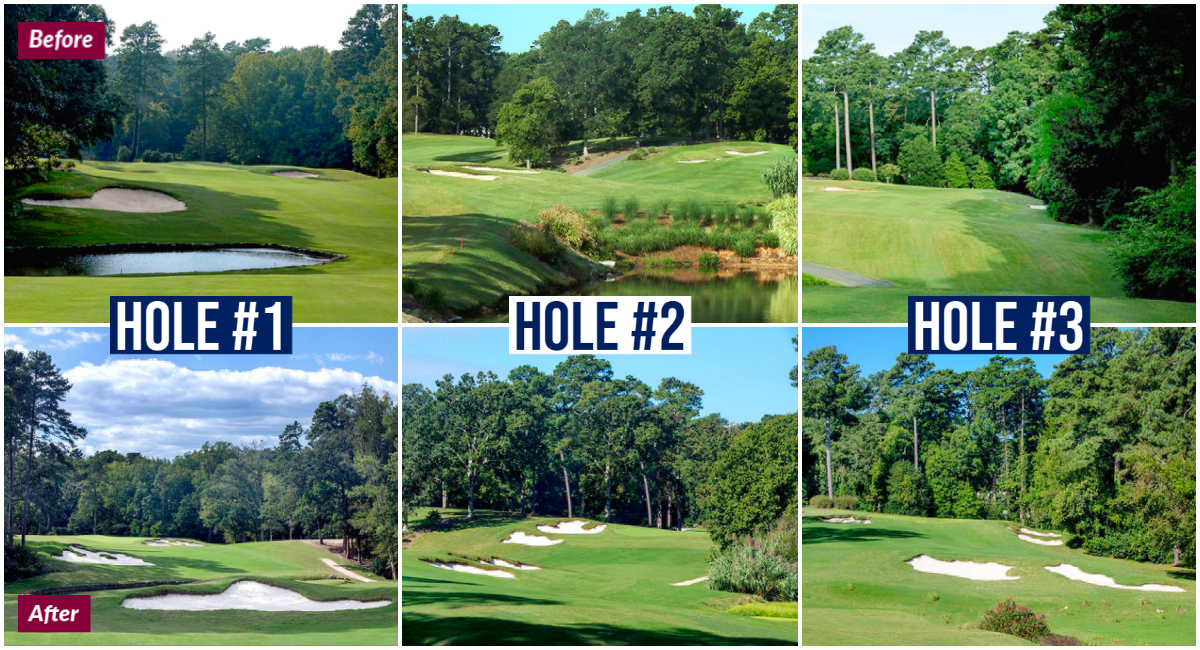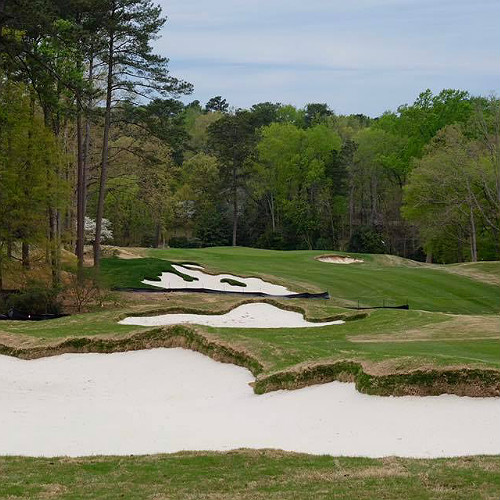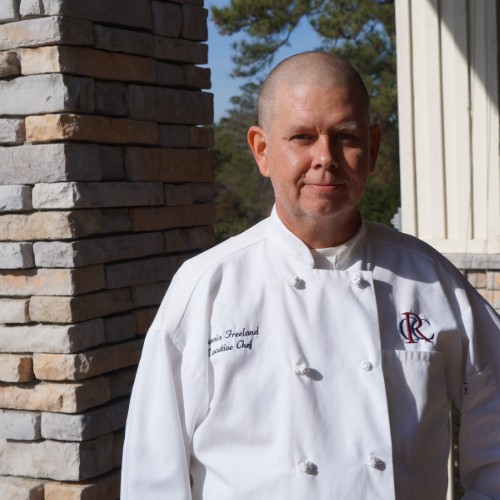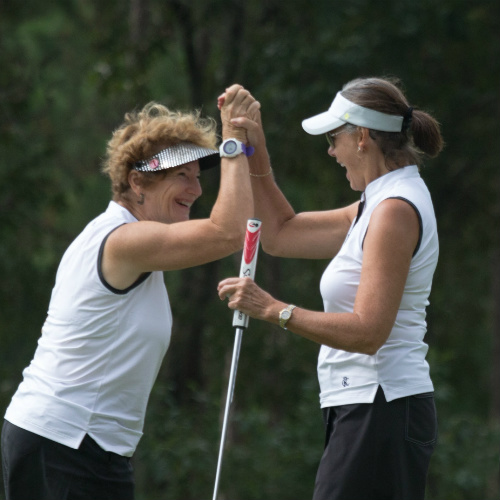
As McConnell Golf celebrates its anniversary, we reflect on the Ross course that started it all
In the beginning, it was a rescue mission. Raleigh Country Club, the home of Donald Ross’ last design, was facing bankruptcy and likely extinction. John McConnell, not even an RCC member at the time, had the wherewithal but most importantly, a sense of duty to save the club from being plowed under and becoming a housing development.
McConnell also noted that he wanted to do something for the community. In 2003, he bought RCC to preserve history. No one knew at the time that 15 years later he would be one of the most successful private-club owners in the country.
The company’s achievements are rooted in the pledge McConnell made to RCC members when he purchased the club. He invested in improvements in the golf course and facilities to make the club a viable concern and an attractive place to be a member. It’s a formula the company has used in every one of its subsequent purchases, and members have noticed.
Looking Back
Jerry Mangum is RCC’s longest continuous member. His parents joined the club in 1952 and lived in a house off the course’s 18th hole. He has been a regular member since 1965.
Mangum, 76, was a scratch player in his younger years, having played golf for Raleigh’s Broughton High School and then at N.C. State University. A former RCC president, Mangum was junior club champion, the club champion in 1973, and has won several senior and super senior club championships.
RCC was formed in 1948 by a group of about 20 members at nearby Carolina Country Club.
"The good players at Carolina wanted a better place to play,” says Mangum. “Most of the best golfers in Raleigh played at RCC in the 1950s and ‘60s. Arnold Palmer played a lot at RCC when he was at Wake Forest.”
Another RCC heyday highlight? The LPGA Tour played the American Defender Championship from 1967 – 1972 at RCC.
But the most important milestone in RCC’s history is that the original members hired the great Donald Ross to design the course, the last design of his legendary career. Through three renovations, it has remained a true Ross course.
Building Community
It was this Donald Ross legacy that helped member Bob Wayland decide to join the club in 1989.
“Having played golf most of my life, the Ross connection was significant to me,” he says. Wayland had been a public course golfer and was getting the nudge from some fellow church members that RCC needed younger people to join, and that it would be a good place for him and his new family.
“We were expecting our first child at the time, so we were looking for a place that would have some things to offer all of us,” he recalls.
It didn’t take long for Wayland to settle in at RCC.
“It was really the people and the course that made things comfortable in the beginning. When I first joined, the camaraderie and collegiality made it easy to find a regular group. Within a month, I found a group to play on Saturday and Sunday afternoons. And some of the original members of those groups...we’re still playing together. Some have passed away, and some moved on, and we’ve welcomed new people. Now, we’re old enough that some of us have kids who have joined the groups.”
Uncertain Future
In 1993, as an effort to attract younger families, membership took on a renovation of the course and clubhouse, and built a new swimming pool – and they decided to do it all at once.
“We took on a lot of debt,” Wayland says. “After the dot-com bubble burst in 1995, a lot of young families and couples who came into the club couldn’t stay. It became a monthly struggle to make ends meet. I can’t remember a board meeting where the red numbers weren’t there. We were always robbing Peter to pay Paul I was very worried.”
By 2003, the club was looking squarely at bankruptcy.
“We were more concerned that some investors who were interesting in buying the club might turn it into a residential area,” says Mangum.
Becca McKinney, who has been a member since 1995 and has won 11 women’s club championships, says: “We liked RCC because it was very unpretentious and a nice community of people. It was one of the best courses in Raleigh. But as it neared bankruptcy, people started getting scared and leaving. It became harder to find people to play with.”
A Vibrant, Active Place to Be
Enter John McConnell. When he bought the club in 2003, things started to change almost immediately.
“Then we had a country club,” says Wayland. “We had a full dining program, kids’ programs, seasonal programs, holiday events. All the tournaments had a waiting list. John has assembled an incredible management team that makes McConnell Golf second to none. We had a driving range that you couldn’t hit more than a 5-iron. John bought the land adjacent to the first fairway, turned the range around and now you can hit 250-yard shots. He took the old driving range and turned it into a short-game facility. When I joined in 1989, there were probably a dozen kids, it was an older club. Now, when you go the practice facility, kids are everywhere, boys and girls, learning the game. The energy and enthusiasm McConnell injected into RCC has been just as important. We went from an old, dying club to a vibrant, active, attractive place to be.”
Other long-time RCC members echo this sentiment.
“Even John McConnell didn’t know what McConnell Golf would eventually turn into,” says Mangum. “He bought it and always had good staff. It’s well managed and a first-class operation.”
McKinney, who grew up in South Boston, VA, learned to play at a nine-hole course.
“When I was growing up, my dad called our golf course his second home,” she says. “And for me, RCC is my second home. That’s where I am on the weekends and a couple of days during the week. It’s fun to have a place you can go. We eat dinner at the club almost every Friday night. We know the wait staff and the chefs. They expect us there and save a table for us. There aren’t many places you can go and get that kind of treatment.”
From the mountains to the coast, members throughout McConnell Golf’s properties enjoy this same first-class service. And as we celebrate 15 years in business, we look forward to what the next decade will bring.
Read More
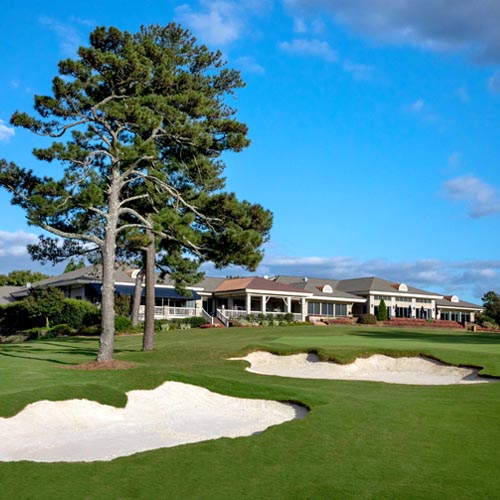
.jpg)
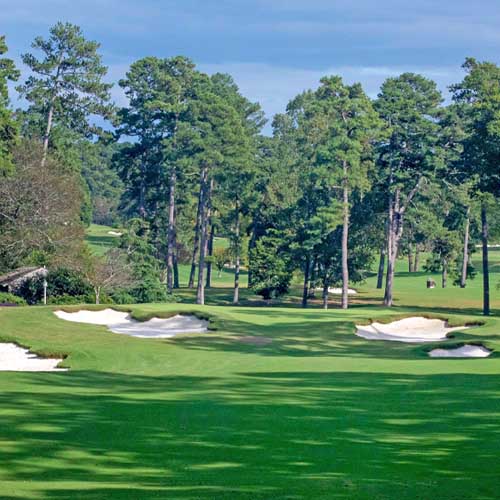
.jpg)
